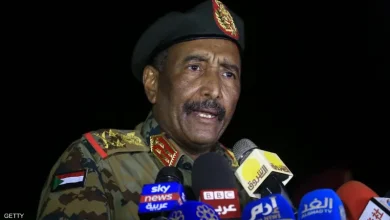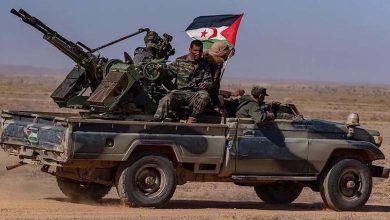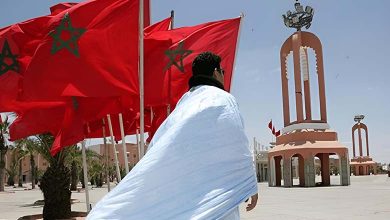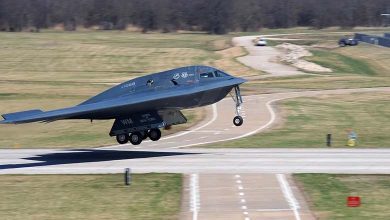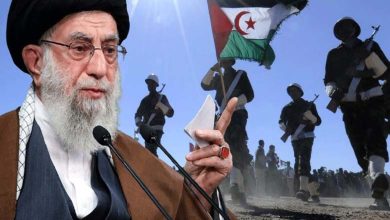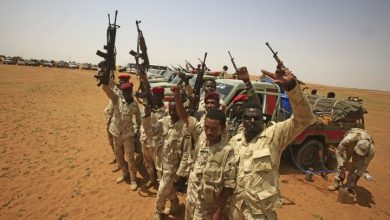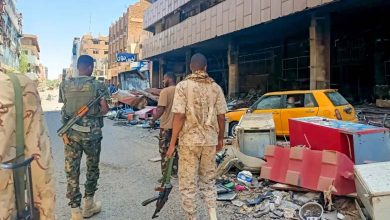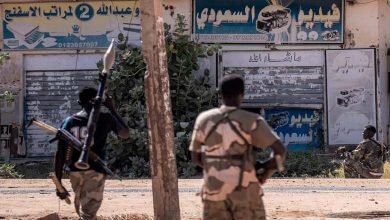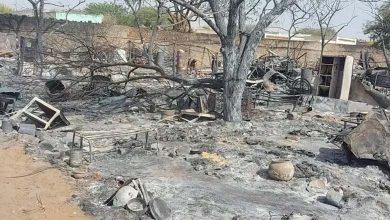What are Sudan’s objectives in resuming relations with Iran?
Estimates have linked the endeavor to the army's need for "arms"
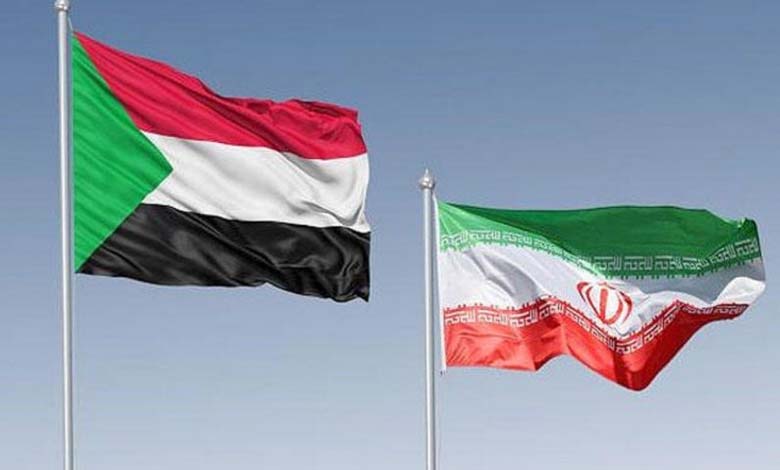
Sudanese and Iranian officials have recently announced efforts to expedite the reopening of their respective embassies, raising several questions in Sudan about the implications of this move amid a raging civil war in the country for nine months between the army and the “Rapid Support Forces,” which has claimed thousands of lives and displaced millions, according to UN assessments.
Sudan’s interim Foreign Minister, Ali al-Sadeq, met Saturday in Uganda with Iran’s First Vice President, Mohammad Mokhber, on the sidelines of their participation in the “Non-Aligned Movement Summit” held in Kampala. A Sudanese statement on the meeting indicated that the officials “discussed the restoration of bilateral relations between the two countries and accelerating the steps to reopen their embassies.”
Sudan severed ties with Iran in 2016. However, last October, its Foreign Ministry announced the resumption of diplomatic relations, but no further steps have been taken since then. The Sudanese-Iranian announcement about accelerating efforts to resume bilateral relations has prompted different assessments regarding the objectives, especially in the context of the ongoing political complexity in the country and a sharp increase in polarization, arming, and mobilization of civilians within the framework of the counter-battles between the warring parties.
A former senior official of the Sudanese “Islamic Movement,” speaking on condition of anonymity, told “Middle East” that “(Sudanese Islamists) seek to exploit the relationship with Iran to obtain support for the army in terms of arms.” He explained that “the army needs armament, given the support it receives from the (Rapid Support Forces).”
The same source added that “Iran was ready to restore relations with Sudan after the fall of President Omar al-Bashir’s regime, but the transitional civilian government led by Sovereign Council President Abdul Fattah al-Burhan and Prime Minister Abdallah Hamdok were not interested in it.” He emphasized that “al-Burhan was hesitant, if not outright opposed, to any attempt to restore relations between the two countries because he was beginning to establish ties with Israel.”
On his part, political analyst Abou Dhar Ali Al-Amin says that “Sovereign Council President Abdul Fattah al-Burhan is facing pressure from countries such as the United States and Britain in favor of the (Forces of Freedom and Change) and the (Rapid Support Forces).” He adds that “this direction (towards Iran) has two objectives: the first is to create a balance through Iran, China, and Russia, with Iran being a key and influential player in this direction, and the second is military support through weapons and ammunition.”
Al-Amin believes that “Sudan is trying to address a file that requires effort and time and convincing reasons for the Iranians, as breaking relations with them was (sudden and shocking) for Tehran.”
He does not rule out that “Iran may provide the Sudanese army with drones to continue its battles against the (Rapid Support Forces).”



